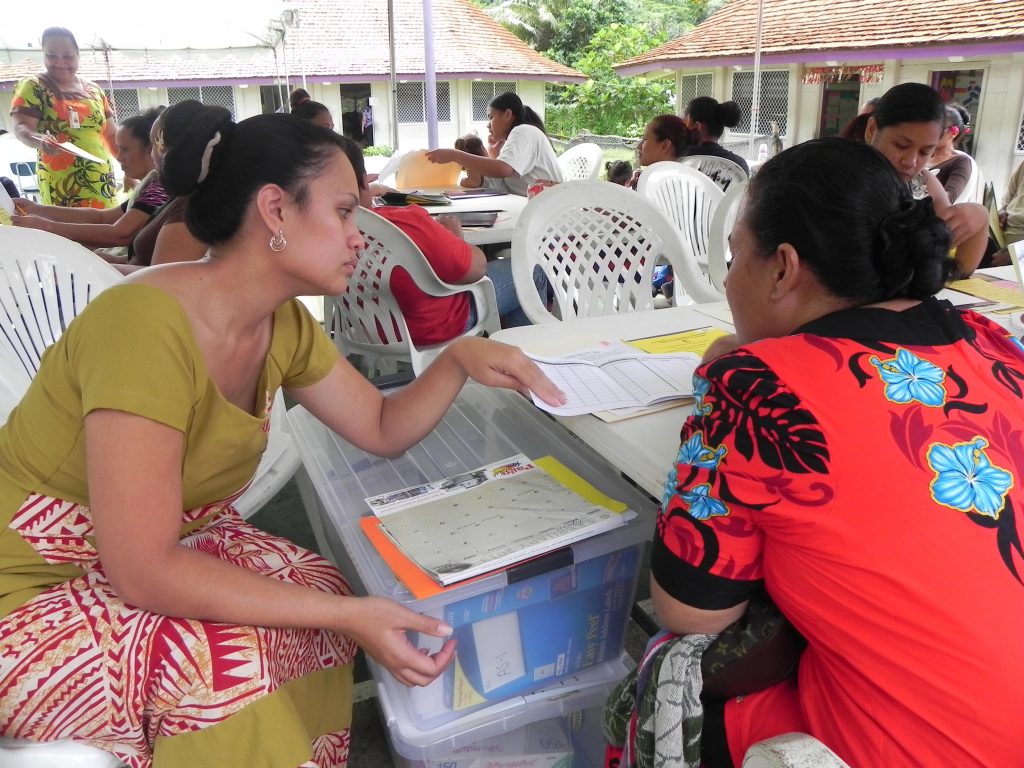STUDY: Improved Health in Pacific-Region Children
A community-randomized clinical trial of the Children’s Healthy Living Program (CHL), based at the University of Hawaiʻi at Mānoa, seeking to sustainably prevent and decrease overweight and obese young children and to improve health in the U.S.-affiliated Pacific region, has decreased overweight and obesity prevalence among Pacific Island children.
The rates of obesity and type 2 diabetes among adults in the Pacific are among the highest in the world. Prevention is needed, and starting in childhood is the best time for prevention because childhood obesity and type 2 diabetes track into adulthood. Obesity among young children in the U.S.-affiliated Pacific region jurisdictions was 14% in 2013.
CHL researchers aimed to change the context in which child overweight and obesity occurs by building strong partnerships for action within communities. Nineteen activities addressed policy, environment, messaging, training and targeted six behaviors (sleep time, screen time, physical activity, fruits and vegetables, water and sugar-sweetened beverages).
Among 27 communities and 8,371 children in the community-randomized clinical trial, the CHL decreased overweight and obesity prevalence by 3.95% among children ages 2 to 8 years.
Primary outcomes measured were community prevalence of overweight and obesity of young children. Secondary outcomes were prevalence of acanthosis nigricans (a skin condition that can indicate diabetes), sleep quality and duration, changes in dietary intake and increased physical activity.
“The intervention reduced the prevalence of young child overweight and obesity and acanthosis nigricans,” said Rachel Novotny, principal investigator of the CHL trial and director of the Children’s Healthy Living Center of Excellence in the College of Tropical Agriculture and Human Resources. “Programs that strengthen community networks for healthy living are needed to improve child health in the U.S.-affiliated Pacific region.”
CHL was formed to begin to address the critical issue of obesity in the Pacific region in April 2011, after a consortium of the land grant colleges and other regional partners in Alaska, American Samoa, Commonwealth of the Northern Mariana Islands, Guam, Federated States of Micronesia, Hawaiʻi, Palau and the Republic of the Marshall Islands successfully competed for a $25-million, 5-year U.S. Department of Agriculture National Institute of Food and Agriculture grant.
Read more about the CHL trial at The Journal of the American Medical Association Network.















